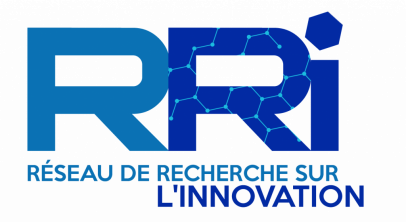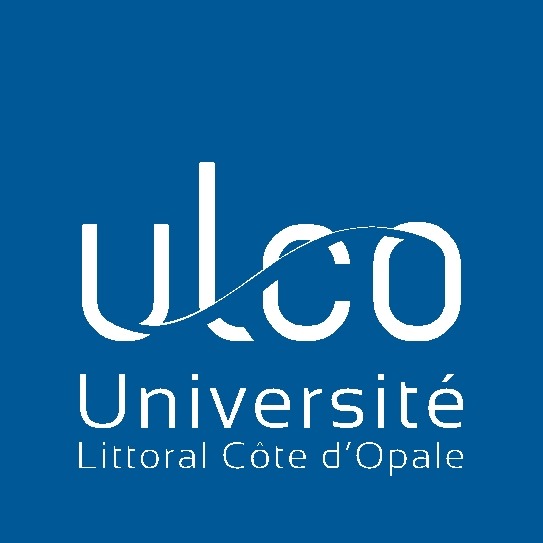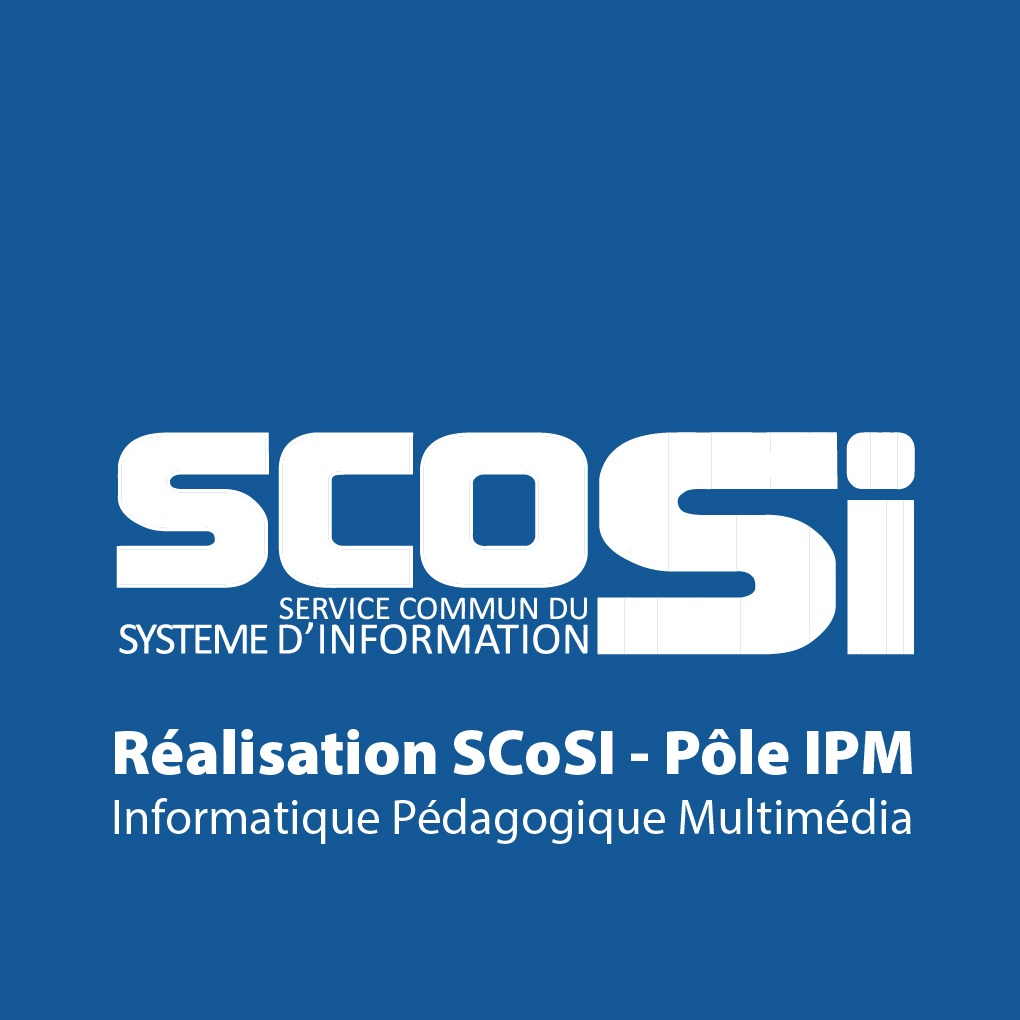
Daniele ARCHIBUGI
Daniele Archibugi is a Research Director at the Italian National Research Council (CNR-IRPPS) in Rome, and Professor of Innovation, Governance and Public Policy at the University of London, Birkbeck College. He works on the economics and policy of science, technology, and innovation and on the political theory of international relations. He has taken his D.Phil at the Universities of Sussex, where he has worked with Chris Freeman and Keith Pavitt. He has worked at the Universities of Cambridge, London School of Economics, Harvard, and Rome LUISS. In 2006 he was appointed honorary professor at Sussex University. He has chaired the European Commission’s Expert Group on “A Wide Opening of the European Research Area to the World”, a member of the Expert Group of the European Commission “Global Europe 2030/2050” and the Coordinator of the European Commission’s Report on The Contribution of the European Commission to Responsible Research and Innovation (Brussels, 2015).
Besides several edited books and articles in academic journals, he has authored The Technological Specialization of Advanced Countries (with Mario Pianta, Kluwer, 1992) and Innovation and Economic Crisis: Lessons and Prospects from the Economic Downturn (with Andrea Filippetti, Routledge, 2011). He has co-edited several volumes on science, technology and innovation policy including, with Bengt-Åke Lundval, The Globalizing Learning Economy (Oxford, 2001). His latest edited book is, with Andrea Filippetti, The Handbook of Global Science, Technology and Innovation (Oxford, 2015).

David B. AUDRETSCH
David Audretsch is a Distinguished Professor and Ameritech Chair of Economic Development at Indiana University, where he is also serves as Director of the Institute for Development Strategies. He also is an Honorary Professor of Industrial Economics and Entrepreneurship at the WHU-Otto Beisheim School of Management in Germany. In addition, he serves as a Visiting Professor at the King Saud University in Saudi Arabia, Honorary Professor at the Friedrich Schiller University of Jena in Germany, and is a Research Fellow of the Centre for Economic Policy Research in London.
Audretsch’s research has focused on the links between entrepreneurship, government policy, innovation, economic development and global competitiveness. His recent books include Entrepreneurship and Economic Growth, with Oxford University Press and The Entrepreneurial Society, also with Oxford University Press. He is co-founder and co-editor of Small Business Economics: An Entrepreneurship Journal. He was awarded the 2001 Global Award for Entrepreneurship Research by the Swedish Foundation for Small Business Research. In 2008 he received an honorary doctorate degree from the University of Augsburg, and in September, 2010 he received an honorary doctorate degree from Jonköping University. In 2011 he was awarded the Schumpeter Prize from the University of Wuppertal.
He is a member of the Advisory Board to a number of international research and policy institutes, including the Deutsches Institut fuer Wirtschaftsforschung (German Institute for Economic Analysis) and the Swedish Entrepreneurship Forum. Since 2010 he has been serving as an member of the Advisory Board for the Jackstädt Centre for Entrepreneurship.

Uwe CANTNER
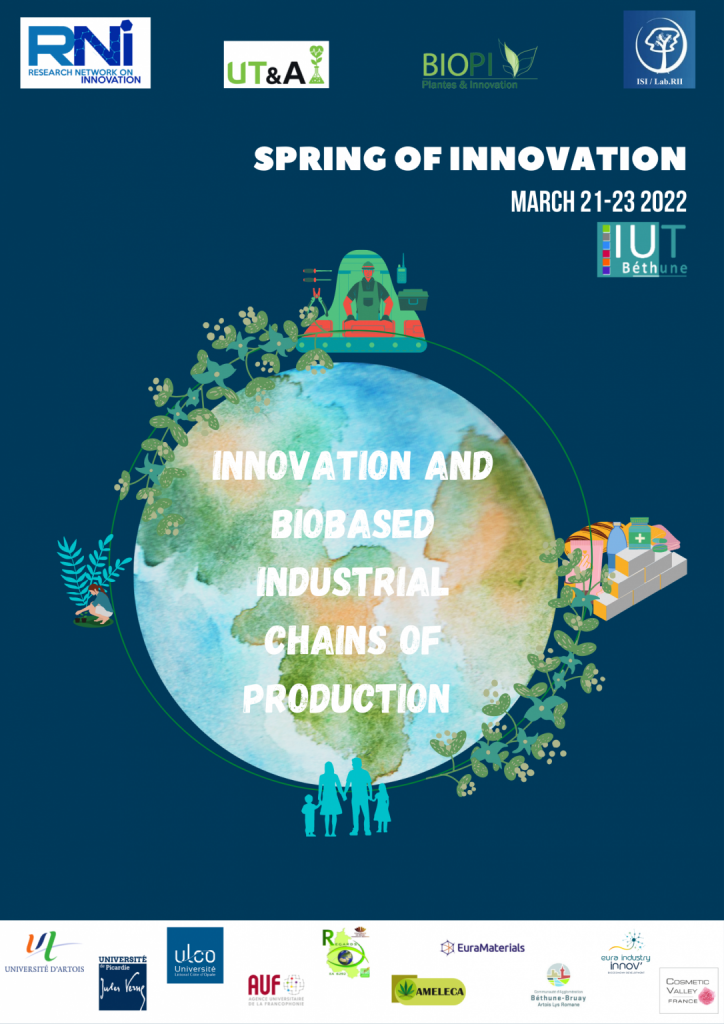
James K. GALBRAITH
James K. Galbraith, Lloyd M. Bentsen Jr. Chair in Government/Business Relations and Professor of
Government. James K. Galbraith teaches economics and a variety of other subjects at the LBJ School.
He directs the University of Texas Inequality Project, an informal research group based at the LBJ
School. He is Senior Scholar of the Levy Economics Institute and Chair of the Board of Economists for
Peace and Security
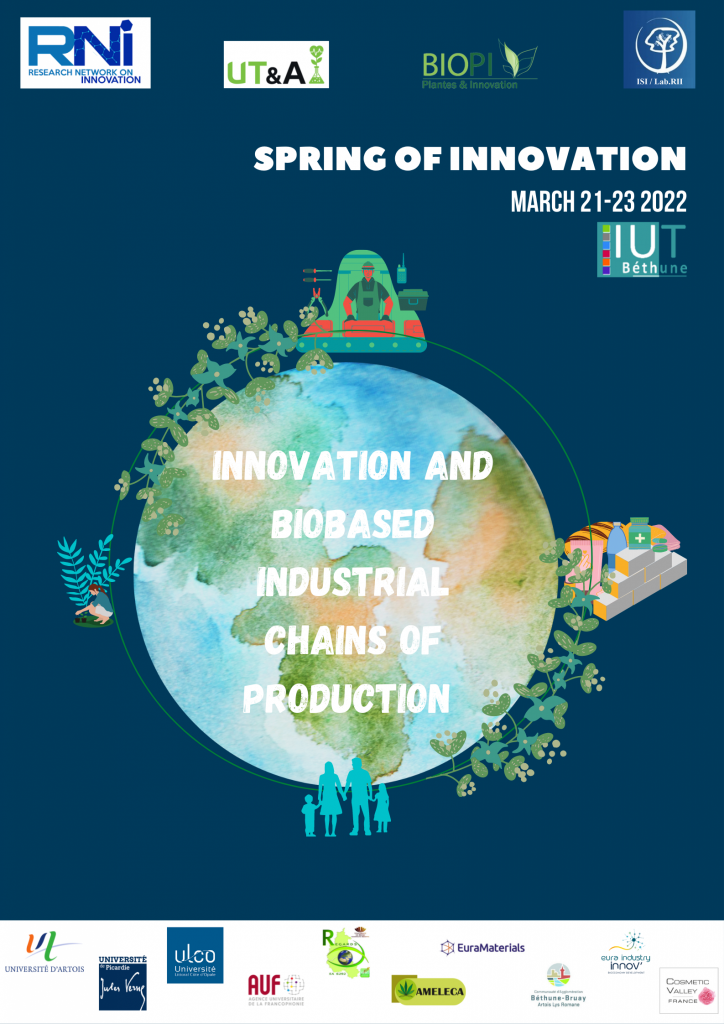
John HAGEDOORN
John Hagedoorn is currently professor of Strategy and International Business at Royal Holloway, University of London, School of Management, professorial fellow at UNU – MERIT in Maastricht, and honorary professor (emeritus) at Maastricht University, School of Business and Economics.
He was a visiting scholar and visiting professor at SPRU (University of Sussex) in 1983-1984, CEPR (Stanford University) 1996, CISTP (The George Washington University) 1997, the Haas School of the University of California at Berkeley 1998-1999, the University of Paris 1999 and the business school of the National University of Singapore 2004.
Main topics of research: Open innovation, contracts, and intellectual property rights; Open innovation and alliances; Contract law, joint R&D, and technology transfer; Strategic alliances; Inter-firm networks; Innovation and technological change; Mergers and acquisitions; International business strategy.
His research is published in a wide variety of journals such as the Academy of Management Journal, Academy of Management Review, Business History, Business History Review, Global Strategy Journal, Industrial and Corporate Change, Industry & Innovation, International Journal of Industrial Organization, Journal of Economic Behavior and Organization, Journal of Empirical Legal Studies, Journal of Financial Economics, Journal of International Business Studies, Journal of Management Studies, Journal of Media Economics, Journal of Common Market Studies, Managerial and Decision Economics, Organization Studies, Research Policy, Review of Industrial Organization, Small Business Economics, Strategic Management Journal, Strategic Organization, Technology Analysis & Strategic Management, Technovation, and World Development.
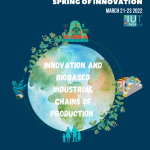
Michael Jeffrey KAHN
Professor Michael Kahn is a policy analyst and evaluator of research and innovation. He has maintained a lifelong commitment to development – of people, systems and self. To meet this goal he has served as advisor to the Ministers of Education, and Science and Technology, was Chief Director (Informatics) in the Gauteng Government, Acting Director of the Centre for Education Policy Development, Professor of Science Education in Botswana and South Africa, and Executive Director of the Human Sciences Research Council. He is Professor Extraordinaire in the Centre for Research on Evaluation, Science and Technology at Stellenbosch University, and a member of its DST-NRF Centre of Excellence in Scientometrics and Science Policy.
Michael is skilled in policy analysis, strategic planning, measurement, monitoring and evaluation, foresight and facilitation. His academic qualifications include a PhD in Theoretical Physics (Imperial College, London) and MA in Education Policy, Planning and Management (University of London). He consults to governments, multilateral agencies and the donor community.
Over 1977 to 1990 he contributed to science and mathematics education in Botswana and initiated many educational innovations, including the rapid conversion of humanities teachers to become junior high school science teachers and a BEd degree programme to develop nursing college tutors. His former students now occupy leading positions in public life in Botswana.
This period saw him join the African National Congress, head the photographic section of its associated Medu Arts Ensemble, and Coordinate the seminal International Exhibition and Symposium on Culture for Resistance in June 1982.
On returning to South Africa from exile Michael led the science and mathematics section of the National Education Policy Initiative, contributed to the ANC Policy on Education and Training, and designed SYSTEM, the national ‘second chance’ science and mathematics initiative for the Department of Education. He later developed the nationwide academy model of the 500 Dinaledi Schools also for the Department of Education, and subsequently authored the 2001 ICT in Education Strategy.
In 1996 Michael was privileged to author the seminal White Paper on Arts and Culture.
His social entrepreneurial activities include creating Spider’s Place with the Handspring Puppet Company, a groundbreaking and award-winning comic and TV package to promote scientific literacy; the joint conceptualization of The Teacher, a newspaper for educators; conceptualizing the 1998 book In the Footsteps of Mandela; and designing and project managing a web-based greetings system in support of President Mandela’s 80th birthday celebrations also in 1998.
Since 1990 Michael has contributed to South Africa’s innovation policy, coauthoring the ANC Policy on Science and Technology, working on the Green and White Papers on Science and Technology, leading and designing the feasibility stage of the National Research and Technology Foresight study, participating in its ICT Panel, and later writing the Foresight Synthesis Report.
In 2002 he founded the Centre for Science, Technology and Innovation Indicators (CeSTII) at the Human Sciences Research Council that was responsible for South Africa’s official R&D and Innovation surveys. Other to contributions to innovation policy include co-designing the Performance Measurement System for the Science Councils, the seminal study on the mobility of the highly skilled – Flight of the Flamingoes, and co-authorship of the 2012 Report of the Ministerial Review Committee on the STI Landscape.
His clients have included the Department of Science and Technology, The Presidency, National Planning Commission, and Academy of Science of South Africa, the World Bank, UNESCO, the Inter-American Development Bank, the International Social Science Council, the International Gas Union, European Science Foundation, Finland Ministry of Foreign Affairs, IDRC, European Commission, Ramboll (Denmark), Deloitte Consulting, NIRAS (Finland), Innovos (Argentina), Qatar Statistics Authority, Mozambique Ministry of Science and Technology, UNESCO Institute for Statistics, and African Union/ NEPAD S&T initiative. He has also advised the governments of Ethiopia, Mozambique, Qatar, and Zimbabwe.
Most recently he played a leading role in the development and authorship of the 2013 Annex to the OECD Frascati Manual that addresses problems associated with the measurement of R&D in developing countries.
Professor Kahn was a member of the Ministerial Review Committee on the Science, Technology and Innovation System of 2010-2012, is an elected member of the Academy of Science of South Africa, Vice Chairperson of the Board of the Agriculture Research Council, and serves on the advisory board of the journal Research Policy. He is a frequent keynote speaker at international conferences, and continues to publish in the academic literature.
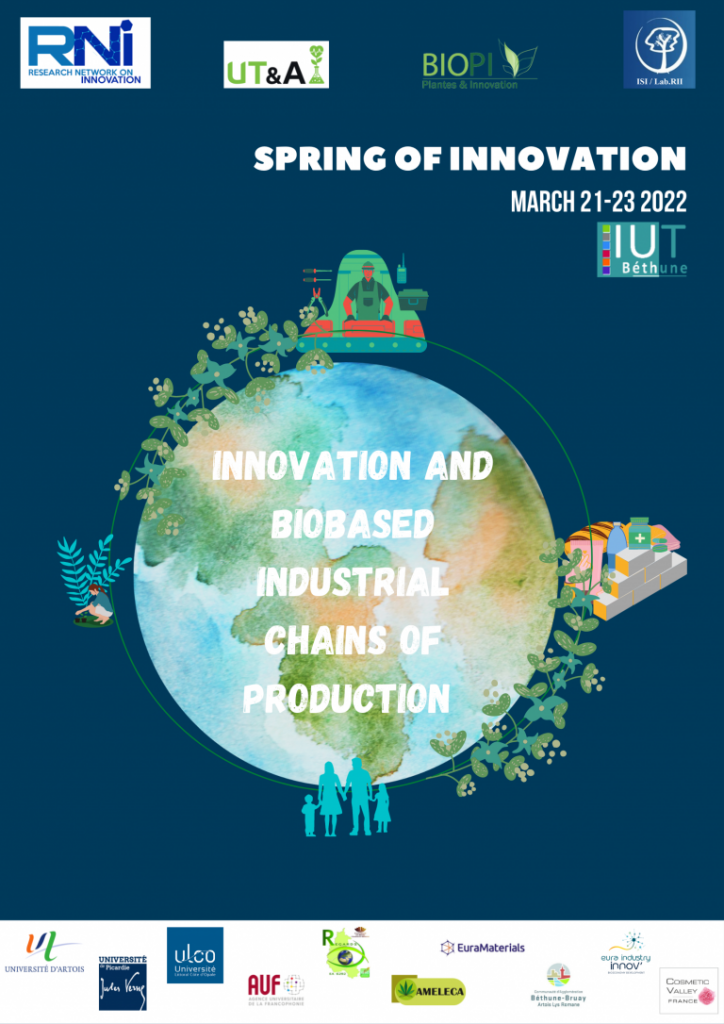
Patrick VERLEY
Né en 1944, Patrick Verley est ancien élève de l’Ecole Normale supérieure Ulm (1964-1969) et,
après des études d’histoire, d’économie et d’allemand, agrégé d’histoire (1968), puis docteur
d’Etat es Lettres et Sciences Humaines en 1997. Il a été maître de conférences à Paris 1, puis
professeur des Universités en poste à l’Université de Paris VIII Saint-Denis jusqu’en 2000, où il
devient professeur à l’Université de Genève. Il y a enseigné l’histoire économique internationale
(XIXe
-XXe
siècles) jusqu’à sa retraite en 2009. Il a en outre enseigné aux Universités de Paris X,
de Paris XIII, à l’Ecole Nationale Supérieure de la Statistique, à l’Ecole Française de Moscou et à
l’Ecole Française de Saint-Pétersbourg. Membre du Conseil national des Universités dont il a été
vice-président, il a également été Président de l’Agrégation des Sciences Sociales.
Ses premières recherches, sous la direction du professeur Pierre Vilar portaient sur des travaux de
construction de statistiques rétrospectives et d’analyse macro-économique. Il a ainsi reconstruit un
tableau d’échanges interindustriels pour la France de la première moitié des années 1860 à
l’image des travaux pionniers de Wassily Leontief et travaillé sur le rôle du commerce extérieur
dans la croissance française du XIXe siècle. Parti d’une approche de type économétrique, cette
dernière analyse a conduit à en voir les limites : les exportations françaises de produits de qualité
ne manifestaient aucune élasticité/prix et dépendaient uniquement des déterminants endogènes
des demandes extérieures. Cela ne signifiaient pas que les industriels français étaient impuissant à
agir sur la demande des marchés extérieurs mais qu’ils ne pouvaient le faire qu’en terme de
qualités et non de prix. Ces constats ont mené à une démarche critique quant à l’approche
quantitative et à la formalisation de type mathématique, néanmoins indispensables pour fournir
des ordres de grandeur qui jouent un rôle de garde-fou dans l’analyse qualitative et permettent de
tester la cohérence des hypothèses que l’on est amené à formuler. Ses travaux ultérieurs sur
l’industrialisation européenne ont mis l’accent sur une approche d’histoire comparative,
s’intéressant aux déterminants de la demande intérieure (la dynamique des revenus par catégories
sociales, l’analyse de la consommation) et extérieure, sur l’analyse des marchés, sur l’analyse
qualitative des produits qui ont permis de segmenter le marché international entre les exportations
françaises et britanniques – les deux grands exportateurs de produits manufacturés du XIXe siècle
-, selon une différenciation de produits fondée sur des marchés socialement différents et
différenciés.
Dans les années 1990, Patrick Verley, Alain Plessis et André Straus ont travaillé à
développer avec d’autres chercheurs européens l’étude des marchés financiers, restée jusqu’alors
assez embryonnaire, en dehors des travaux sur la City londonienne. Patrick Verley a en particulier
effectué des recherches sur la prosopographie des agents de change et des banquiers en valeur,
Dans les années 2000, en rapport avec ses enseignements à l’université de Genève, Patrick
Verley a produit et conduit des recherches sur les systèmes économiques internationaux du XXe
siècle, sur la fonction économique des organisations internationales, sur les systèmes de
compensation et sur l’histoire des crises de la dette souveraine.
Principales publications
L’industrialisation, 1830-1914, tome 23 de la Nouvelle histoire économique de la France
contemporaine sous la direction d’André Gueslin, Paris, La Découverte, 1989.
Entreprises et entrepreneurs du XVIIIe siècle au début du XXe siècle, Paris, Hachette supérieur,
1994.
La Révolution industrielle, Gallimard, Folio, 1997.
L’Echelle du monde. Essai sur l’industrialisation de l’Occident, Collection Idées, Paris,
Gallimard, 1997. Réédition augmentée d’une postface, en collection Tel, 2013.
Et, en collaboration avec Nadège Sougy, La première industrialisation (1750-1880), Paris, La
Documentation Française, 2008.

Franco MALERBA

